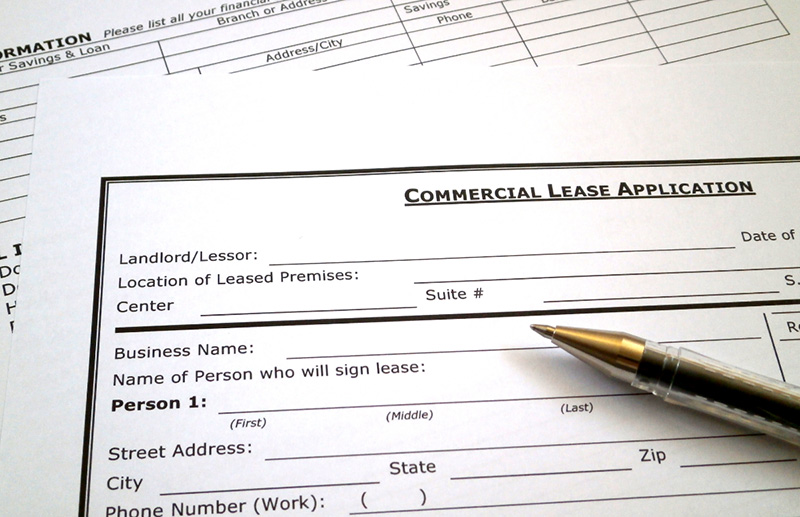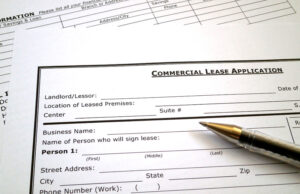
What is Quiet Enjoyment?
Quiet enjoyment is a basic right of any residential or commercial tenancy agreement (lease), that protects tenants’ rights to be able to enjoy their space in quiet without unreasonable disturbances. Although the covenant employs the word “quiet”, it is about much more than noise. It is an assurance against any substantial interference by the landlord or those claiming under him or her, with the enjoyment of the premises for all usual purposes. Quiet enjoyment includes:
- A reasonable amount of privacy
- Freedom from unreasonable disruptions
- Reasonable use of common areas
- Exclusive use of the rental unit, with the exception of the landlord entering when legally allowed
The following are generally considered to be violations of quiet enjoyment:
- Ongoing and unreasonable noise
- Ongoing and unreasonable secondhand smoke
- Construction or renovations causing dust and dirt to accumulate in the leased premises
- Construction or renovations limiting access to the leased premises
- Landlord entering the unit too frequently, without permission, or without appropriate notice
- Landlord refusing you access to common areas of the building where your rental unit is located
Do Commercial Tenants Have the Same Right to Quiet Enjoyment as Residential Tenants?
While residential landlords are required by law to provide their tenants with quiet enjoyment with very clear specifications of what that means, quiet enjoyment as it applies to commercial tenancy is less cut and dry and there is more room to argue that the landlord is not unreasonably interfering with a tenant’s quiet enjoyment. Because of this, it is very important to make sure that you fully understand your commercial tenancy agreement before signing it and to consult a lawyer when you believe that a landlord has breached this covenant.
Need legal advice regarding your commercial lease? We’ve got you covered.
For a disturbance to qualify as a breach of quiet enjoyment for a commercial tenancy agreement, the disturbance must be proven to be of a grave and permanent nature. Only an ongoing and substantial interference by the landlord qualifies as a breach of quiet enjoyment in the case of commercial tenancy.
For example, in a 2014 Nanaimo case, a woman refused to pay rent on her commercial rental unit on the grounds that a pervasive odour in the space constituted a breach of quiet enjoyment and the landlord sued the tenant. The tenant originally won the case and the lease was terminated on the grounds of a fundamental breach. However, the landlord appealed and the Court of Appeals ruled in favour of the landlord and overturned the trial decision. This is because the Court of Appeals found that, according to the lease, the tenant had rented the unit “as is” and was responsible for the upkeep of the rental unit, including maintenance of the HVAC system that was failing to mitigate the odour.
If you are experiencing what you believe to be a breach of quiet enjoyment in your commercial tenancy, it is essential that you consult with a lawyer to determine whether or not you have a case that will hold up in court. Get in touch with Hoogbruin & Company today for a consultation.

